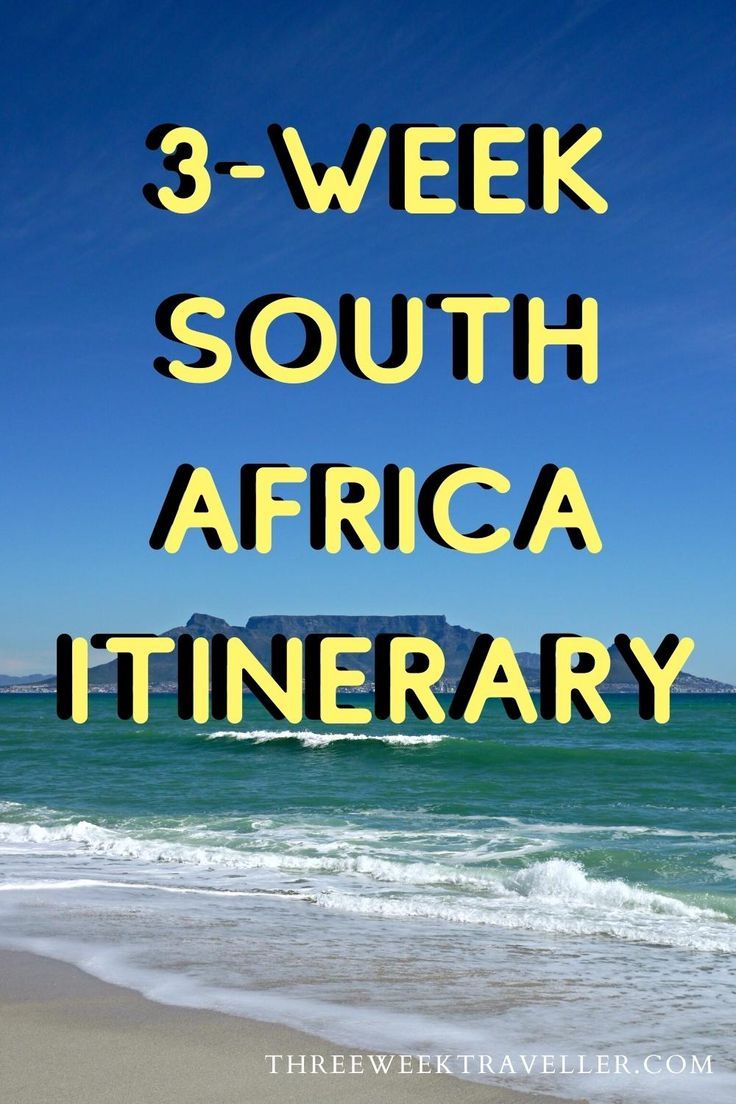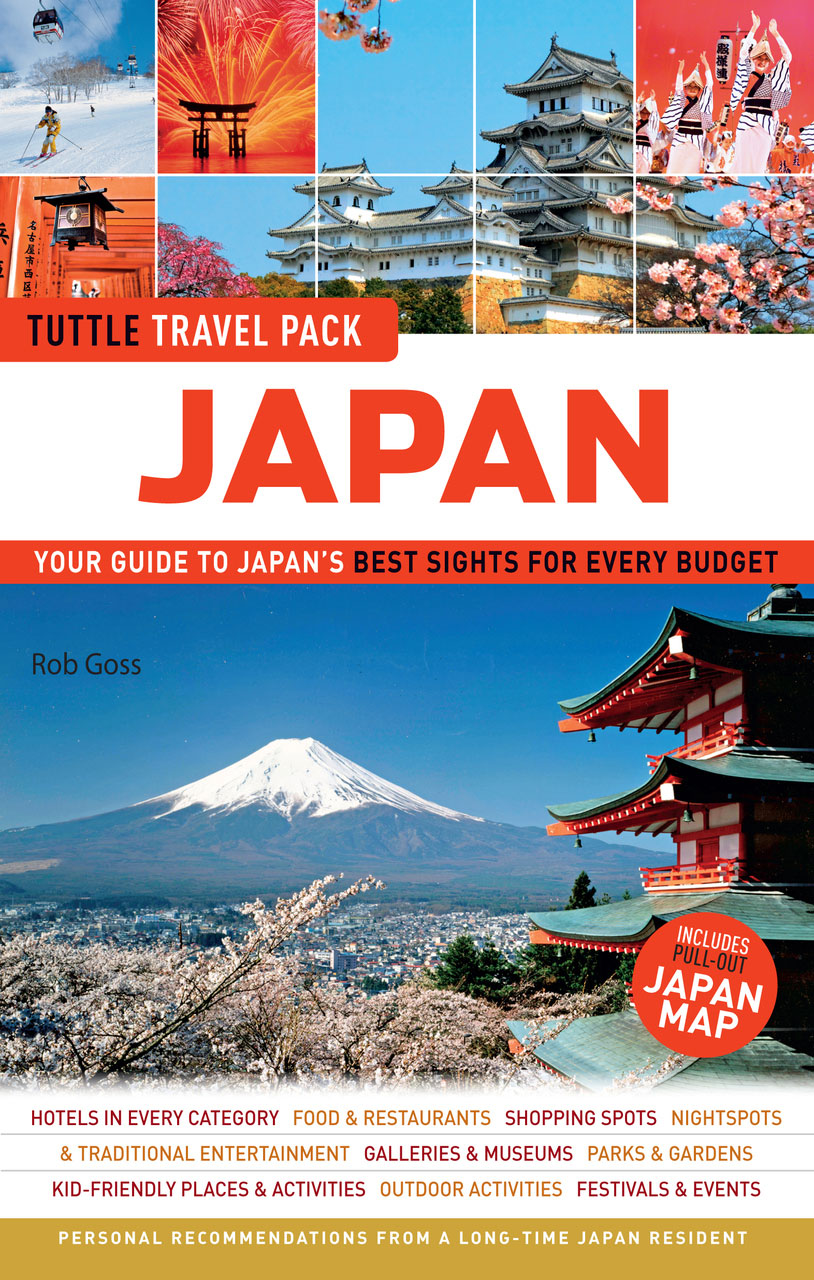
Africa, a continent of breathtaking diversity, a cradle of civilization, and a symphony of vibrant cultures, beckons with an irresistible allure. From the sun-drenched savannas teeming with wildlife to the ancient pyramids whispering tales of pharaohs, and the bustling metropolises pulsing with modern energy, Africa offers an experience that transcends mere travel; it’s a profound immersion into the very soul of our planet. Crafting a comprehensive itinerary for such a vast and varied continent can seem daunting, but with a little planning, you can weave your own unforgettable African tapestry, rich with history, adventure, and unparalleled beauty.
This article will serve as your guide, illuminating the historical context that shapes the continent, highlighting its most iconic attractions, offering practical travel tips, suggesting the optimal times to visit, recommending nearby accommodations, tantalizing your taste buds with local delicacies, and navigating the diverse transportation options that will carry you through this magnificent land.
A Glimpse into Africa’s Storied Past
Related Articles about The Grand African Tapestry: Weaving Your Unforgettable Journey:
- Into the Emerald Labyrinth: A Comprehensive Guide to Visiting the Amazon Rainforest
- The Heart of Australia: Your Essential Guide to Visiting Uluru
- Kenya: A Journey Through History, Wildlife, and Wonder
- The Acropolis of Athens: A Journey Through Time and Majesty
- Brazil: A Kaleidoscope of Culture, Nature, and Unforgettable Experiences
To truly appreciate Africa, one must understand its rich and complex history. For millennia, it was home to some of the earliest human civilizations. The fertile Nile Valley gave rise to ancient Egypt, a civilization that gifted the world with monumental architecture, sophisticated hieroglyphics, and a profound understanding of astronomy and medicine. Further south, the empires of Kush and Axum flourished, leaving behind impressive ruins and a legacy of trade and cultural exchange.
The rise of Islam in the 7th century profoundly influenced North Africa and parts of East Africa, leading to the development of vibrant Islamic cities like Timbuktu, once a renowned center of learning, and Zanzibar, a historic spice trading hub. The trans-Saharan trade routes connected North Africa with the sub-Saharan kingdoms, fostering the growth of powerful empires like Ghana, Mali, and Songhai, whose rulers amassed immense wealth and influenced vast territories.
The arrival of European colonial powers in the 19th century marked a tragic turning point, leading to the partitioning of the continent and the exploitation of its resources and people. Despite the scars of colonialism, Africa has emerged as a continent of resilience and self-determination, with many nations celebrating their independence and forging their own paths. Understanding this historical backdrop enriches every encounter, from admiring ancient ruins to engaging with contemporary African societies.
Main Attractions: A Continent of Wonders
Africa’s attractions are as diverse as its landscapes and cultures. Here are some of the most compelling destinations:
1. The Serengeti National Park & Maasai Mara National Reserve (Tanzania & Kenya): The undisputed champions of wildlife viewing, these contiguous ecosystems are home to the Great Migration, an awe-inspiring spectacle of millions of wildebeest, zebras, and gazelles traversing the plains in search of greener pastures, pursued by predators. Expect unparalleled opportunities to witness lions, leopards, cheetahs, elephants, rhinos, and a kaleidoscope of birdlife.
2. The Pyramids of Giza & Luxor (Egypt): Step back in time to the era of pharaohs. The iconic Pyramids of Giza, including the Great Pyramid of Khufu, stand as testaments to ancient Egyptian engineering prowess. In Luxor, explore the magnificent temples of Karnak and Luxor, the Valley of the Kings and Queens, and the mortuary temple of Hatshepsut, all steeped in millennia of history.
3. Victoria Falls (Zambia & Zimbabwe): Known as "The Smoke That Thunders," Victoria Falls is one of the world’s largest and most spectacular waterfalls. The sheer power and majesty of the Zambezi River plunging into the gorge create a breathtaking spectacle, with rainbows frequently adorning the mist. Activities range from bungee jumping and white-water rafting to serene sunset cruises.
4. Cape Town & the Garden Route (South Africa): A city of unparalleled beauty, Cape Town boasts iconic Table Mountain, vibrant Bo-Kaap, historic Robben Island, and stunning beaches. The Garden Route, a scenic stretch of coastline, offers charming towns, indigenous forests, and opportunities for whale watching and adventure sports.
5. The Okavango Delta (Botswana): A unique inland delta, the Okavango is a haven for wildlife. Navigate its tranquil waterways by mokoro (traditional dugout canoe), observing elephants, hippos, lions, and a plethora of bird species in their natural habitat.
6. Kilimanjaro (Tanzania): The Roof of Africa, Mount Kilimanjaro, is the continent’s highest peak and a coveted challenge for trekkers. Its diverse ecosystems, from lush rainforests to alpine deserts, make the ascent a journey through varied landscapes.
7. Marrakech & the Sahara Desert (Morocco): Immerse yourself in the vibrant souks of Marrakech, a city alive with color, scent, and sound. Experience the magic of Jemaa el-Fnaa square at night, and then venture into the vast, undulating dunes of the Sahara Desert for an unforgettable camel trek and starlit camping experience.
8. Rwandan & Ugandan Gorilla Trekking: Witness the gentle giants of the rainforest, the mountain gorillas, in their natural habitat. Trekking through the dense Virunga Mountains or Bwindi Impenetrable Forest offers an intimate and profound encounter with these endangered primates.
Travel Tips for a Seamless Journey
Traveling in Africa can be incredibly rewarding, but a few practical tips will ensure a smooth and enjoyable experience:
- Visas: Research visa requirements well in advance for each country you plan to visit. Many African nations offer visas on arrival, but it’s always best to confirm.
- Vaccinations & Health: Consult your doctor or a travel clinic at least 6-8 weeks before your trip to discuss necessary vaccinations (e.g., Yellow Fever, Hepatitis A, Typhoid) and malaria prophylaxis. Carry a comprehensive first-aid kit.
- Currency: The currency varies by country. It’s advisable to carry a mix of US Dollars (widely accepted for tourist services) and local currency. ATMs are available in major cities, but carrying cash is essential for remote areas.
- Language: English is widely spoken in tourist areas and by many in the hospitality industry. However, learning a few basic phrases in local languages can be greatly appreciated.
- Respect Local Customs: Dress modestly, especially when visiting religious sites. Be mindful of local customs and traditions; ask for permission before taking photographs of people.
- Safety: While Africa is generally safe for tourists, it’s crucial to be aware of your surroundings, especially in crowded areas. Avoid displaying expensive items and stick to reputable tour operators.
- Patience & Flexibility: Travel in Africa can sometimes be slower-paced than you might be accustomed to. Embrace the relaxed pace, be patient, and be open to unexpected detours; they often lead to the most memorable experiences.
- Connectivity: Wi-Fi is increasingly available in hotels and cafes in urban areas. Consider purchasing a local SIM card for more affordable data access.
- Sustainable Tourism: Support local communities by purchasing souvenirs from local artisans, dining at local restaurants, and choosing eco-friendly tour operators.
Best Time to Visit: Chasing the Seasons
The "best" time to visit Africa is highly dependent on your specific interests and the region you plan to explore. However, some general guidelines apply:
- Dry Season (June to October): This is generally the most popular time for wildlife viewing, particularly in East and Southern Africa. With less vegetation and fewer water sources, animals congregate around rivers and waterholes, making them easier to spot. This is also the peak season for gorilla trekking. However, it’s also the most expensive time to travel.
- Shoulder Seasons (April-May & November): These months often offer a good balance of pleasant weather and fewer crowds. In East Africa, the shoulder seasons can offer excellent birdwatching opportunities.
- Wet Season (November to March): While some areas experience heavy rainfall, the wet season can be a magical time to visit. The landscapes are lush and green, and newborn animals are abundant. Birdwatching is at its peak, and you can often find lower prices. However, some roads may become impassable.
Specific Regional Considerations:
- North Africa (Morocco, Egypt): Spring (March-May) and Autumn (September-November) offer pleasant temperatures. Summers can be very hot.
- East Africa (Kenya, Tanzania): The dry season (June-October) is ideal for the Great Migration.
- Southern Africa (South Africa, Botswana): The dry season (May-October) is excellent for wildlife viewing. The wet season (November-April) is good for birding and experiencing the lush landscapes.
- Central Africa (Rwanda, Uganda): Gorilla trekking is possible year-round, but the drier months (June-September & December-February) are generally preferred.
Nearby Hotels: Comfort Amidst the Wild
Accommodation in Africa ranges from luxurious safari lodges and boutique hotels to budget-friendly guesthouses and campsites. Here are a few examples of the types of hotels you might find near popular attractions:
- Luxury Safari Lodges: Expect opulent tents or suites with private plunge pools, gourmet dining, and personalized service. Examples include Singita Grumeti (Tanzania), and andBeyond Phinda Private Game Reserve (South Africa).
- Mid-Range Hotels & Lodges: Comfortable and well-equipped, offering good amenities and often located within or near national parks. Examples include Serena Hotels (various East African locations) and The Victoria Falls Hotel (Zimbabwe).
- Boutique Hotels: Often found in cities like Cape Town, Marrakech, or Zanzibar, these offer unique character, stylish design, and a more intimate atmosphere. Examples include La Mamounia (Marrakech) and The Silo Hotel (Cape Town).
- Guesthouses & Bed & Breakfasts: A more affordable and local experience, offering a glimpse into everyday life.
- Campsites: For the adventurous traveler, campsites within national parks offer a more rustic and immersive experience.
When choosing accommodation, consider its proximity to the attractions you wish to visit, its amenities, and its commitment to sustainable tourism practices.
Local Food: A Culinary Adventure
African cuisine is a delightful fusion of indigenous ingredients and influences from Arab, Indian, and European traders. Each region boasts its own unique flavors and specialties:
- North Africa: Expect aromatic tagines (slow-cooked stews), couscous, flavorful grilled meats (kebabs), and sweet pastries infused with honey and nuts. Moroccan mint tea is a staple.
- East Africa: Staple foods include ugali (a cornmeal porridge), nyama choma (grilled meat), pilau (spiced rice), and a variety of stews made with beans, vegetables, and sometimes goat or chicken. Zanzibar offers a rich tapestry of Swahili cuisine, heavily influenced by Indian spices.
- Southern Africa: Dishes like biltong (dried, cured meat), boerewors (a traditional sausage), potjiekos (a hearty stew cooked in a cast-iron pot), and peri-peri chicken are popular. South Africa also boasts excellent wine regions.
- West Africa: Known for its rich, spicy flavors, West African cuisine features dishes like jollof rice, fufu (a starchy dough made from cassava or plantain), and various peanut-based stews.
Don’t be afraid to try street food from reputable vendors, but exercise caution and ensure food is cooked thoroughly.
Transportation Options: Navigating the Continent
Getting around Africa can be an adventure in itself, with a range of options available:
- Air Travel: For long distances between countries or vast regions within a country, flying is often the most efficient option. Numerous regional airlines connect major cities.
- Road Travel:
- Safari Vehicles: Essential for exploring national parks and reserves, these are typically 4×4 vehicles with pop-up roofs for optimal game viewing.
- Buses & Coaches: A more budget-friendly option for intercity travel in many countries. However, journeys can be long and less comfortable.
- Private Drivers: Hiring a private driver offers flexibility and comfort, especially for exploring specific regions or for longer transfers.
- Taxis & Ride-Sharing: Available in most urban centers. Always agree on a fare before starting your journey or ensure the meter is used.
- Trains: While less extensive than in some other continents, some countries offer scenic train journeys, such as the Blue Train in South Africa or the Rovos Rail luxury train.
- Boats & Ferries: Essential for navigating coastal areas, islands (like Zanzibar), and river systems (like the Nile or the Okavango Delta).
- Motorcycles & Scooters: Popular for getting around smaller towns and for shorter distances.
When planning your itinerary, consider the travel time between destinations. Africa is a vast continent, and distances can be deceptive. Booking internal flights or reputable bus services in advance is often recommended, especially during peak seasons.
Weaving Your Own African Story
Africa is not a single destination; it’s a mosaic of experiences waiting to be discovered. Whether you dream of witnessing the raw power of nature, delving into ancient civilizations, or immersing yourself in vibrant cultures, this continent offers a journey that will resonate long after you’ve returned home. By understanding its history, embracing its attractions, planning wisely, and approaching your travels with an open heart and mind, you will undoubtedly weave your own unforgettable chapter into the grand African tapestry. The adventure awaits.







